
Pharmacist Care Day showcased UPMC Health Plan’s commitment to whole-person care through free health services, pharmacist-led outreach, and strong community collaborations in Pittsburgh.

Pharmacist Care Day showcased UPMC Health Plan’s commitment to whole-person care through free health services, pharmacist-led outreach, and strong community collaborations in Pittsburgh.

Pharmacists have a unique opportunity to improve cardiovascular outcomes by integrating medication management with food-as-medicine approaches.
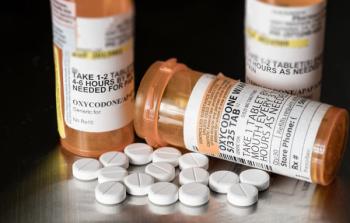
Shore Medical Center enhances patient safety with a pharmacy-driven intravenous to oral opioid conversion protocol, minimizing risks and improving pain management.

Motivational interviewing serves as a beneficial strategy to enhance medication adherence and improve patient outcomes in diabetes management.

Effectively communicating research findings to patients, health care professionals, and policy payers is necessary for engagement.

Artificial intelligence (AI) can transform rare disease research by leveraging patient data, enhancing evidence generation, and improving communication between patients and health care professionals.

During a panel discussion, 3 experts highlighted ways health care professionals and researchers can help provide patient-centered care.

This screening method can help empower patients to better manage their health and seek additional care.

Jennifer Guthrie, RPh, district leader at CVS pharmacy describes the different medications to treat allergy symptoms and highlight how CVS stands out when addressing patients’ needs.

At Baptist Health South Florida, pharmacists are embedded in all areas of cardiovascular care, an expert said.

Ochsner Children’s Hospital, in partnership with ISMP, has launched a fellowship to advance pediatric medication safety through hands-on training in key competencies, national safety strategies, interdisciplinary collaboration, and innovative tools such as AI and data dashboards.

All stakeholders across the drug supply chain must work together to develop and support proactive strategies, creating resilience across the health care ecosystem to avoid and mitigate shortages.
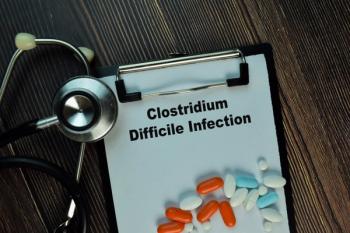
Pharmacists can promote prevention through the implementation of antimicrobial stewardship initiatives and advocate for fecal microbiota transplant.
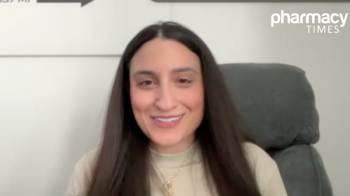
A district leader at CVS Health emphasizes that patients should get tested, be up to date with immunizations, and staying home and reach out to health care professionals when experiencing symptoms.

Helping patients adhere to their medications to manage their chronic kidney disease (CKD) and comorbidities is one of the key areas pharmacists should prioritize.
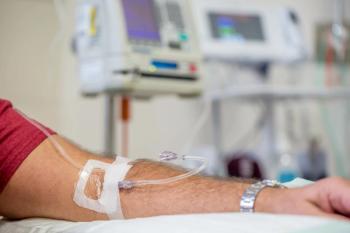
Megan May, PharmD, BCOP, FHOPA, FAPO, discusses lurbinectedin and tarlatamab and what ongoing research in the small cell lung cancer (SCLC) space entails.

After decades without improvements, an expert with Baptist Health described the small cell lung cancer (SCLC) space as “exciting” following multiple innovations in the past few years.

Three experts from UPMC Health Plan highlight the importance of treating patients’ physical, mental, and social health when managing diabetes, rather than the disease alone.

The Kidney Disease: Improving Global Outcomes guidelines can provide pharmacists with approaches to minimizing chronic kidney disease progression and complications.
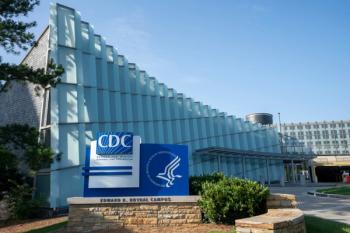
The agency outlines key elements for building effective hospital sepsis programs.
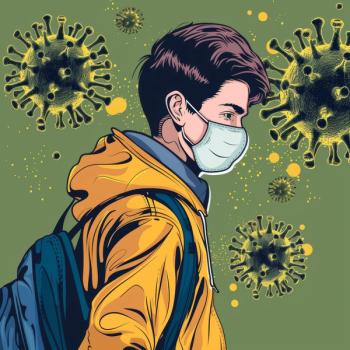
Julie Sibbesen, PharmD, discussed strategies to address medical misinformation and educate pharmacists on proper sources of information.

The STRIPE Double Helix Awards celebrate individuals and organizations that have made exceptional contributions to the field of pharmacogenomics.

Artificial intelligence holds immense potential to address the rising demand for oncology services and improve patient outcomes by facilitating more effective, efficient, personalized cancer care.

Two MUSC pharmacy technicians discuss how techs are pivotal in pharmacy, whether in the community or clinical setting, and how it is important to maintain high standard of care in a changing environment.

Simply stating a team member good job, whether it be within a group or in a 1-on-1 setting, 2 MUSC pharmacy technicians emphasize that recognition and encouragement go a long way.

Teresa Messick, PharmD discusses how meeting patients “where they are” and supporting them holistically through medication and beyond is the most rewarding part of the profession.

With a scalable, flexible suite of services and an experienced leadership team, InspiroGene enables manufacturers, payers, and providers to navigate the complex CGT commercialization landscape to ensure patients can access the life-changing treatments they need.

C. diff survivor and Peggy Lillis Foundation Board Member Maryann Webb discusses how her experience with the infection encouraged her to advocate for patients who are struggling to advocate for themselves.

Using biosimilars and generics as well as getting patients connected with manufacturer copay assistance or grant programs can reduce their out-of-pocket costs.

Clayton Irvine, PharmD, MBA, MS, notes that although these options help to lower the cost of care, quick, widespread implementation remains difficult.